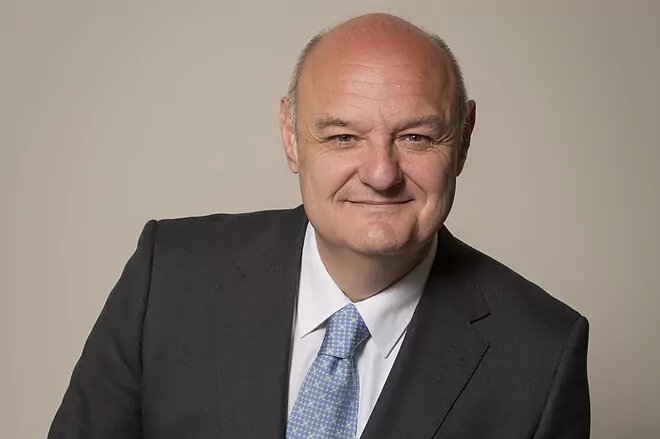16 September 2021

The institution joins the network of dealers of the 'Next Generation EU' debt issuance programme under which the European Commission will issue €800 billion
Cecabank rubs shoulders with the Eurozone's major banks. The bank has been given the green light by the European Commission to join its network of primary dealers in its macro debt issuance plan. It will help secure the funding required for the Next Generation Recovery Fund, the aid package with which Brussels wants to accelerate the recovery and the green and digital transformation of the European Union in the aftermath of the severe crises left by Covid-19.
Cecabank thus joins Santander and BBVA, which were included in the first phase of the creation of this network of primary dealers a few months ago, as the only Spanish representatives on the European Commission's debt issuance team. This network consists of more than 40 institutions, including UniCredit, Deutsche Bank, Barclays and BNP Paribas, among others.
'This is excellent news for Cecabank and allows us to demonstrate that we can offer added value in Europe similar to that which we have already offered the Spanish Treasury in its financing activities over so many years', explains Luis Soutullo, Cecabank's Corporate Finance Director.
The European Commission understands that, with the large volumes of debt it has to place this year - an average of €150 billion per year is expected - it will have to tap into all potential pockets of investors to maintain high quality issues and attractive returns. This is where Cecabank can add most value.
The institution is a leading depositary and custodian, serving many customers who may be interested in acquiring debt issued by the European Union. This provides access to investment funds, pension plans or insurance companies different to those provided by the large investment banks.
'It is a privilege, but also a task that will require considerable effort and commitment on our part', adds Soutullo.
The business
For Cecabank, being part of the European Commission's network of primary dealers is also a business opportunity. The banks mandated by the European Commission for large syndicated debt transactions earn substantial fees.
However, this is not the main service in which Cecabank believes it can add most value, but rather it believes it will make its involvement in the project count in day-to-day tasks such as market making and participation in auctions.
It also creates opportunities for its customers. First-hand access to bonds which, at least for the time being, are scarce considering the unbridled appetite of investors, allows Cecabank to strengthen its offer, which in turn generates opportunities for its customers.
'We can offer this debt to our customers and shareholders or provide pricing when they need it, something that reinforces our strategic positioning', says Soutullo.
Large volumes
Brussels' plan is to place no less than €800 billion in debt over the next few years to support the economies of the various states in the region. This overwhelming volume led the European Commission to seek the support of as many dealers as possible in an attempt to cover the entire spectrum of the market.
Already this year, the goal is to raise around €80 billion in long-term debt, a figure that is to be supplemented by auctions of bills that are not taken into account in the calculation of the volumes.
To date, Brussels has carried out several transactions, issuing around €53 billion in debt with enormous success.
On average, placements have recorded an oversubscription ratio of nine, very relevant levels considering that this type of debt is only offering positive returns to investors in its longer maturities, such as 20 or 30-year bonds.
For the time being, Cecabank is waiting to be granted access to the platform where debt auctions are carried out and which is managed by the Bank of France, but it has already participated in the most recent meeting of market makers, held on Wednesday 8 September.
THE PROJECT THAT TURNS THE EUROPEAN UNION INTO THE LARGEST ISSUER
The Next Generation EU is Europe's fiscal response to the coronavirus crisis, a large debt issuance plan to finance the recovery and the digital and green transformation of the economies of the Member States. This translates into a plan to issue €800 billion in debt against the budgets for the period between 2021 and 2027, a volume that will make the EU the largest issuer of euro-denominated debt. In addition, one third of these placements will be in 'green format', so when the project is completed, it will also be able to claim that it is the largest placement of green debt.
The European Commission holds auctions of three- and six-month bills on the first and third Wednesday of each month, while it will place bonds through the same procedure on 27 September, 25 October and 22 November.
It will also undertake two further syndicated issues before the end of the financial year, including its debut in the green bond market. These placements are scheduled to take place the week of 11-15 October and the week of 6-10 December, according to financial sources.


